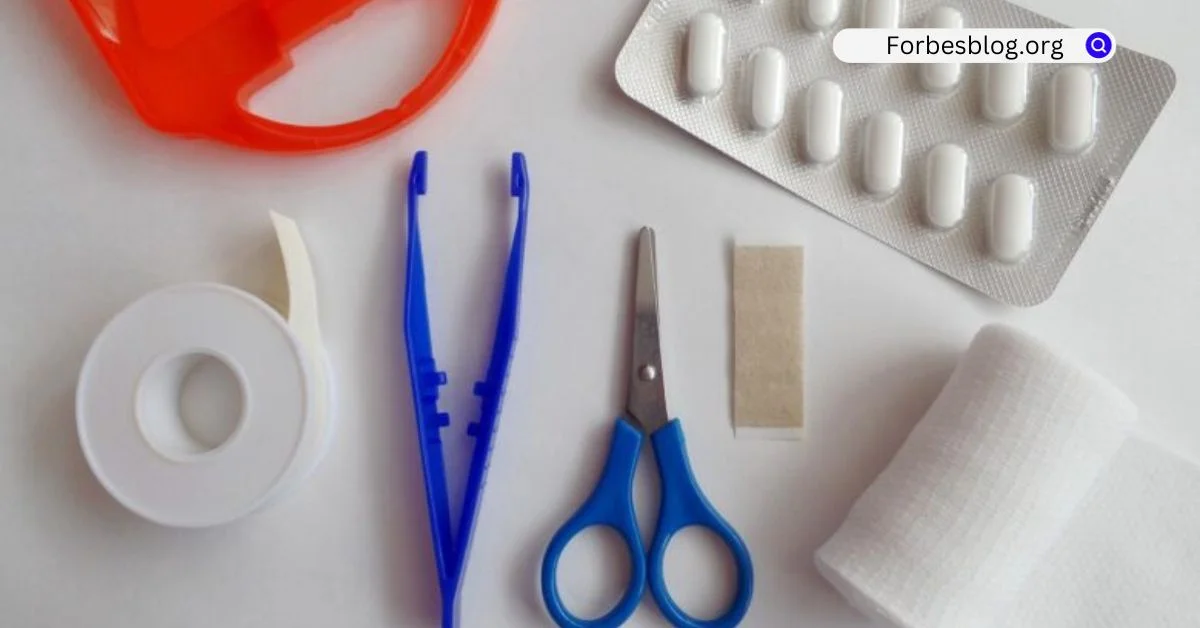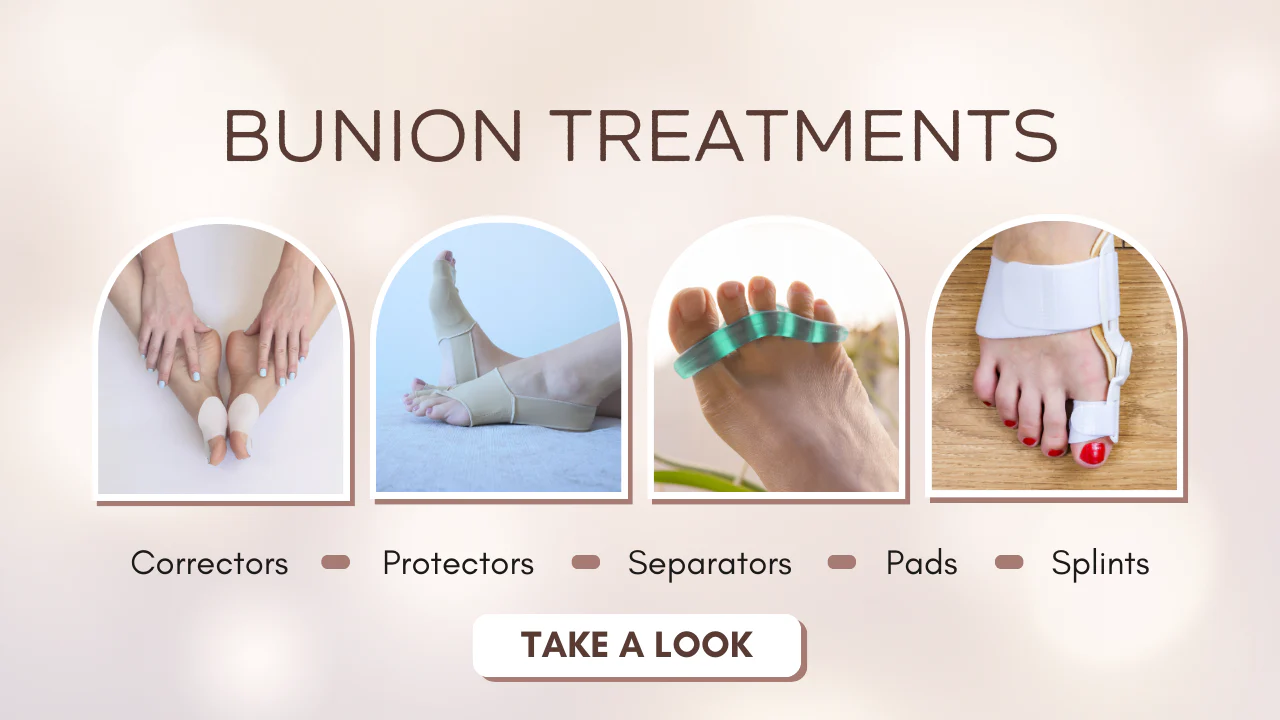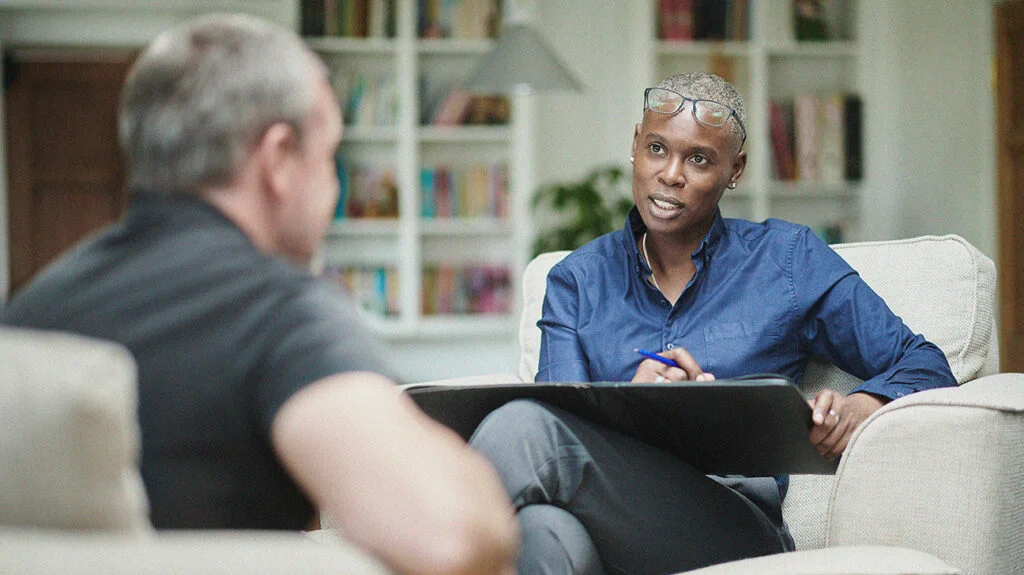Traumas, injuries and illnesses are inevitable. People get into situations where medical expert help may be out of reach and a thorough knowledge of first aid may prove to be lifesaving.
The deal with traumatic situations in the best possible way is to be prepared for it mentally as well as physically. First-aid training makes you prepared for situations when disaster strikes, and you might be called upon to use your acquired basic aid skills to save a life or care for the wounded.
Table of Contents
What is First Aid?
First aid is the immediate assistance provided to any individual having either a minor or serious injury or illness. It can help provide care in order to save or preserve life, to promote the recovery, prevent the situation and condition of the patient from worsening as well as immediate on-the-spot relief.
From a big catastrophe to a minor accident, first-aid knowledge is extensively needed. The presence of an emergency management coordinatorin times of crises, instills confidence amongst people, primarily because these first responders are adept at administering first-aid to those in need.
Why are First-Aid Skills Important?
A seemingly dull afternoon can turn into a violent disaster in mere seconds. Be they man-made, i.e., car accidents or crashes, or caused by nature, i.e., tsunamis, earthquakes, or floods, disasters always come unannounced.
With so much life-threatening unpredictability, it’s far better to have the skills and not need them than to need the skills and not have them. When first aid is provided, it is a first step toward possibly saving or rescuing a human being’s life. It may not be the cure or surgery that guarantees survival, but it could be the reason somebody is able to make it to the operating table.
While almost everyone can benefit from first-aid knowledge and training, those living or working with patients of chronic illnesses and cognitive disabilities; the elderly-care nurses;attendants of patients with dysfunctions, such as epilepsy; athletes performing physical activities; or workers in hazardous environments, such as a factories or construction sites, will reap the greatest benefits.
Individuals benefit from learning first aid, irrespective of whether an emergency directly impacts them or affects people they work and live with, as first-aid knowledge helps them use techniques that often minimize the intensity of an injury or other health complication.
First-aid skills enable people to serve as valuable members of society by performing their role as emergency responders and save lives in times of extreme emergencies.
When someone ingests a harmful substance, has a stroke, a heart attack, or a seizure, is in a car accident, or is trapped in a natural disaster, an individual who has been trained and skilled in even the most basic aspects of first aid can be extremely crucial in aiding the injured until rescue personnel arrive. The higher the number of people trained in first-aid skills, the better for the community as a whole.
Having first-aid knowledge and skills enable us to recognize the difference between removing or releasing a food from a person who is choking as compared to pushing it down and having it get stuck even further. It is the difference between causing damage and prepping a patient for medical treatment. It is the difference between survivors and causalities.
Objectivesof First Aid
To play a pivotal part in rescuing people, you don’t need to be a trained medical practitioner; all you need are some basic first-aid skills. The main goals of first aid are as follows:
Save a life – By providing first aid as soon as possible after an injury, you are improving the patient’s survival chances. Whether it’s performing CPR without a defibrillator, or to avoid choking on blood or vomit, putting them in a recovery state, each of these actions is preventing additional harm or even death, while you wait for competent medical personnel to arrive and take over.
Prevention– In addition to ensuring that the patient’s health does not deteriorate (for example, by applying pressure to avoid further blood loss), part of delivering first aid is attempting to prevent any further worsening of injury or illness, which may or may not be accomplished by administering physical first aid.
A first-aid course will teach you how to keep yourself and your patients safe from additional injury, whether that means switching off a power source, redirecting traffic, or transporting the patient to a separate site to deliver first aid.
Promoting recovery – By providing first aid as soon as possible, you are assisting the patient in recovering quickly. A good illustration of this is in the case of a burn, in which you should immediately run the damaged area under cold water. The faster this is done, the less harm the burn can cause the victim, and the less time they will need to recover.
Basic First Aid Skills
Cleaning minor cuts, scrapes, or scratches; treating a minor burn; putting bandages and dressings; using over-the-counter medication; draining blisters; removing dirt and debris from the eyes; massagingare all examples of first aid.
The following is a list of essential first-aid skills:
1. CPR
2. Heimlich Maneuver
3. Set a Splint
4. Stop the Bleeding
5. Treat a Burn
6. Spot a Concussion
7. Support a Sprain
8. Sutures and Stitches
To sum it up
A trained person has the capacity and ability to save a life and make a significant difference. In an emergency, people are likely to become confused and bewildered at the sight of blood, the agony on a patient’s face, or similar high-stress and life-threatening situation.
At the end of the day, first-aid knowledge is crucial for a wide range of situations like these. They can not only save lives, but they can also equip you with the understanding, courage, and skills to deal with common injuries.
However, it’s not always about life-threatening injuries and emergencies when it comes to administering first aid. Treating a scraped knee or a sprained ankle are also good examples of where first aid is used. Although mild illnesses do not always require a trip to the doctor, knowing how to manage them effectively is a useful skill.
Skills in first aid will come in handy in daily life as opportunities to make use of your newfound aid skills will arise. These skills make you a valuable member of society as you help those around you.











